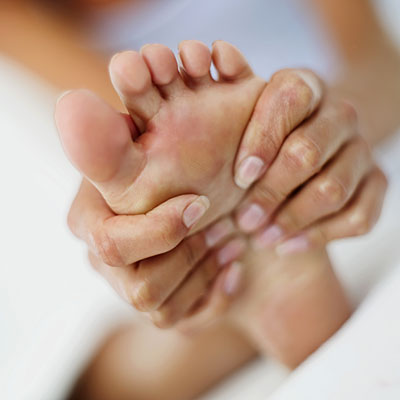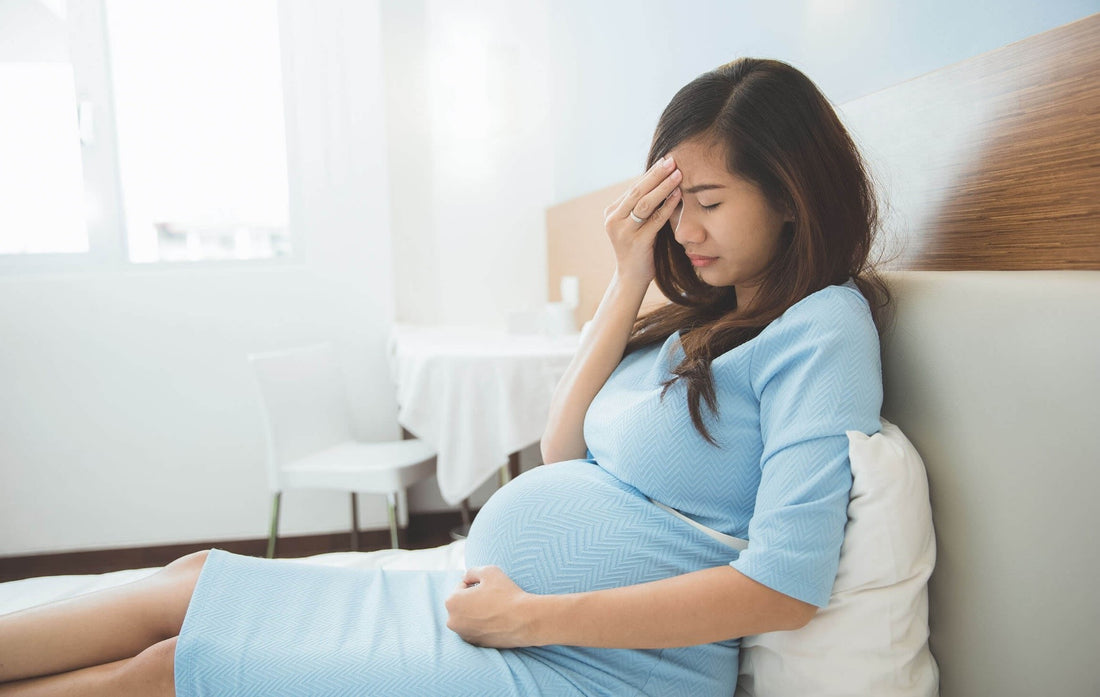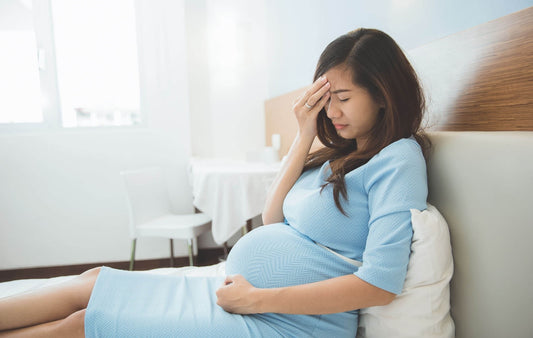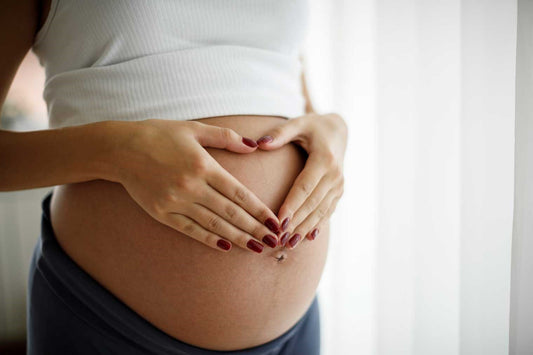People say after the pregnant women face a lot of problems and changes in their bodies. They aren’t lying or kidding with you. But they are splitting facts only. You have to accept that during and after the pregnancy period you’ll see and face major changes. This is the only time when a new organ will grow in your stomach that will pump up the blood 50% more and alien cells will hijack your brain. Also, there will be some changes that will disappear after the birth of the baby.

SHOE SIZE CHANGES
Shoe size did not change without any reason. There are two reasons for changing the shoe change that is Weight gain and Hormones. The American College of Obstetricians and Gynecologists (ACOG) says that women who have usual weight should gain from 25 to 35 lbs. (11 to 16 kilograms) during pregnancy. "That extra weight that she carries around for the nine months of pregnancy, and even longer, compresses the [foot's] arch," which is why some women gain about half a shoe size during pregnancy, said Dr. Michael Cackovic. The hormone relaxation also plays a vital role. It helps to relax ligaments and bones in the pelvis. The body can be elastic during childbirth. New moms: Once your feet grow, you should get used to sporting a larger shoe size, as these changes are permanent, even when you lose weight and relaxing production stops, Cackovic said. After childbirth, the mother's weight increases by 2.5 to 5lbs (1 to 5 Kg) more than before the last time.

VAGINAL CHANGES
This one shouldn't be a surprise, given the average dimensions of a new-born’s head, but women often have vaginal changes postpartum. While the vagina will contract down to almost its original size after birth, most women will have a permanently wider vagina, said Dr. Alyssa Dweck, a gynaecologist in New York City. There are many factors that contribute, including type of delivery, size of baby, genetic factors [and] being overweight, to name a few," Dweck told Live Science.

BELLY BULGE
Do you think that you gave birth to the baby and then loose your belly just after that? Well, you are not right. When you gave birth, you expect to be on the same belly size of pre-pregnancy and it is not applicable. It takes 6-8 weeks when uterus come back to its own size. During pregnancy and after pregnancy it is important to eat healthy food and maintain your diet to keep your body shape according to your plan. “Core Exercises” helps to focus on your belly to toning your baby bulge.

HAIR LOSS
Most women have shiny and good hair but during the pregnancy they face the hair loss problem. Don’t worry, it will back to normal after the childbirth then you’ll face some hairfall again and it will be back to normal. During pregnancy, Ribaudo says, higher estrogen levels keep your hair from falling out at its normal rate. So, after pregnancy, when estrogen levels drop and return to normal, your hair has to catch up -- by falling out. Most women have hair loss after childbirth 3 -4 months and then keeps back to normal within 6-12

Postpartum constipation
It is pretty common in the first week or so, because of dehydration, the side effects of pain meds, having a C-section (abdominal surgery puts the bowels on quiet mode) and a fear of pushing anything else out of that tender area of your body. Drink lots of water, try some prune juice or fruit and walk around when you’re able to. Your doctor or midwife may also prescribe a stool softener. Take it! Again, trust us.
Legs
Pregnancy weight gain can also cause spider veins, varicose veins and stretch marks. And while they do become less prominent over time, they’ll likely stick around. Compression socks or leggings can help ease pain from varicose veins in the early days after delivery.

YOUR FACE
Changing hormone levels can affect your facial skin, causing dry patches, acne or pigmentation. Talk to a dermatologist if you’re concerned about discoloration, or if the breakouts become inflamed and painful—a sign of more severe cystic acne. For regular acne, benzoyl peroxide is considered the safest choice but salicylic acid may also be recommended.





